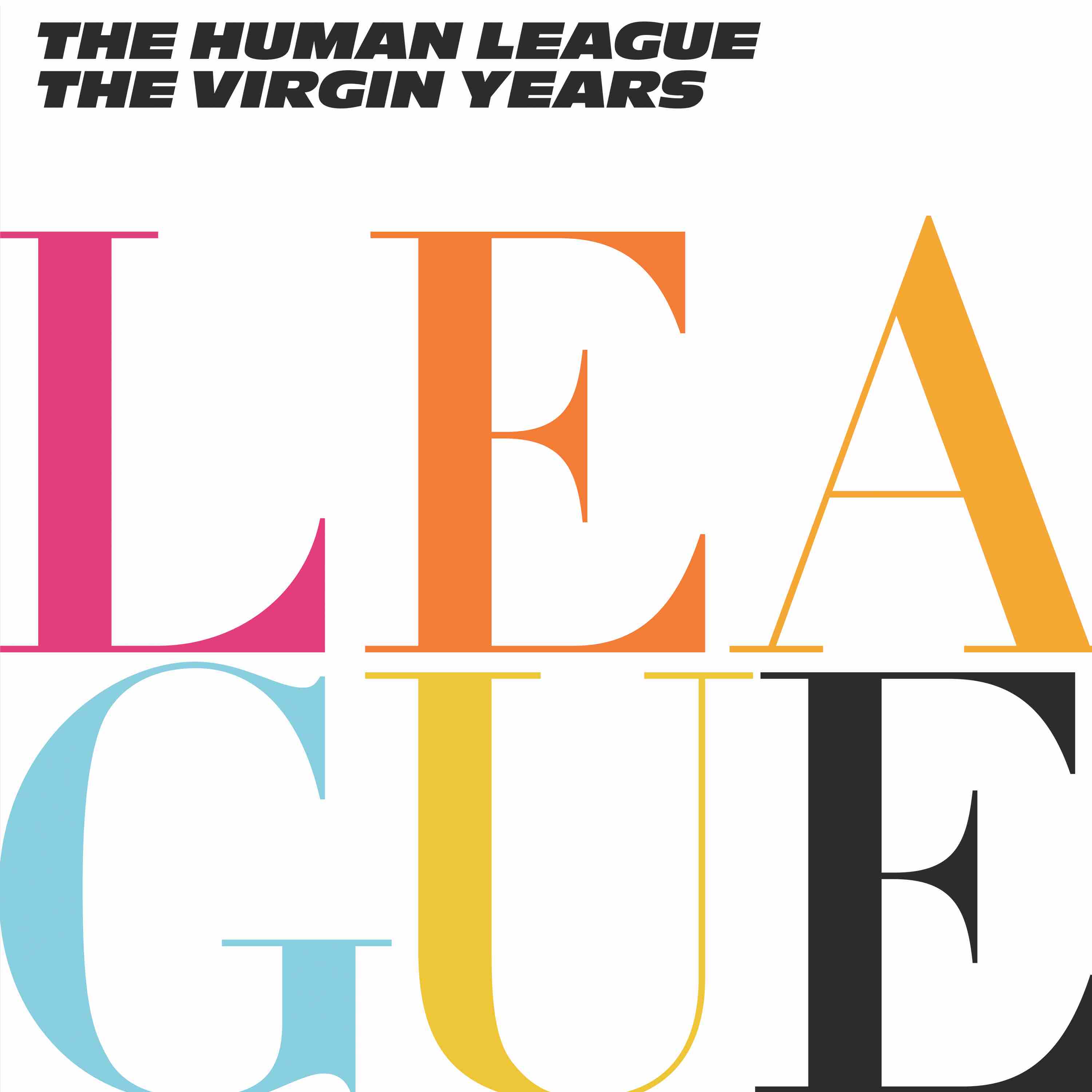The Human League
The Virgin Years
VIRGIN
The Virgin Years may be a confusing title when you consider that The Human League’s rough, Dada-esque, electronic/post-punk classics Reproduction (1979) and Travelogue (1980) also came out on Virgin. A better name for this five-LP box set would have been “Everything Without Ian Craig Marsh and Martyn Ware,” the two keyboardists who formed the League in 1977, then brought in Veronica Lake–haired baritone vocalist Philip Oakey (that is, after inviting Glenn Gregory to take the job), but left when the deep-voiced singer wanted to move forward in future-pop mode, while Ware and Marsh wanted to further their noisy, dark, experimental work with tinny drum machines. Famously, Marsh, Ware, and Gregory did not get noisier, but instead created the groove-oriented Heaven 17—a story for another day and another box set.
What Oakey did next is what forms the entirety of The Virgin Years, which starts with dumping the small, weird sounds of the Roland Jupiter-4 and KORG 770, bringing keyboardists/songwriters Adrian Wright, Ian Burden, and Jo Callis higher in the mix, and welcoming dancers-turned-vocalists Joanne Catherall and Susan Sulley into the act—the latter two being the only members to have lasted into the present, save for Phil.
Brighter, bolder, and sparer than the steely, sinister illustrations of the project’s first iteration, Oakey cleanly removed all the noise and Dadaist drama of his initial output (save for “Seconds” and its reference to the JFK assassination), placed Callis (guitarist/songwriter of the power-pop group The Rezillos) in a position of power, and focused Dare-onward on chilly yet emotional, radio-friendly moments such as the “New York, ice cream” line on “The Things That Dreams Are Made Of,” pleading need and romance (“Love Action (I Believe in Love),” “Open Your Heart”), and the teasing story of a waitress in a cocktail bar (“Don’t You Want Me, Baby”). Producer Martin Rushent made sure The Human League’s brand of early-’80s pop-chillwave had a thick, slapping beat and a provocative melodicism despite its minimalism.
While the League’s immediate follow-up to Dare, 1984’s Hysteria, was but a hair darker (the down-turned chords and obsessive texts of “I Love You Too Much”) and yet a bit more soulful (an oddly curt cover of James Brown), their next album was an even deeper break into rushing R&B: 1986’s Crash. Together with the Minneapolis synth-soul production duo of Jimmy Jam and Terry Lewis, the band—without Callis—allowed their sound the same silken symmetry as The S.O.S. Band and Alexander O’Neal before them on sumptuous, subtly grooving songs such as “Human” and “Love Is All That Matters” (two Crash songs written solely by Jam and Lewis). Crash only gets better with time with some of the most curvaceous soul-pop melodies and vocals of the era high up in its mix.
By the time The Human League ended its time at Virgin with Romantic? in 1990, Rushent and Callis had returned for songs such as “Heart Like a Wheel,” and Oakey seemed to be suddenly bored of hardcore pop, which gives the album a sense of lonely ennui and the feeling that their best music was behind them. An interesting listen, but nothing glistening.
Still, as a whole, The Virgin Years—which also includes the 1983 EP Fascination!—shows that The Human League were way ahead of the curve when it came to the innovations made in the name of future-looking synth-pop. Shame it didn’t have their first two albums as part of the package, but those are the things that dreams are made of.







